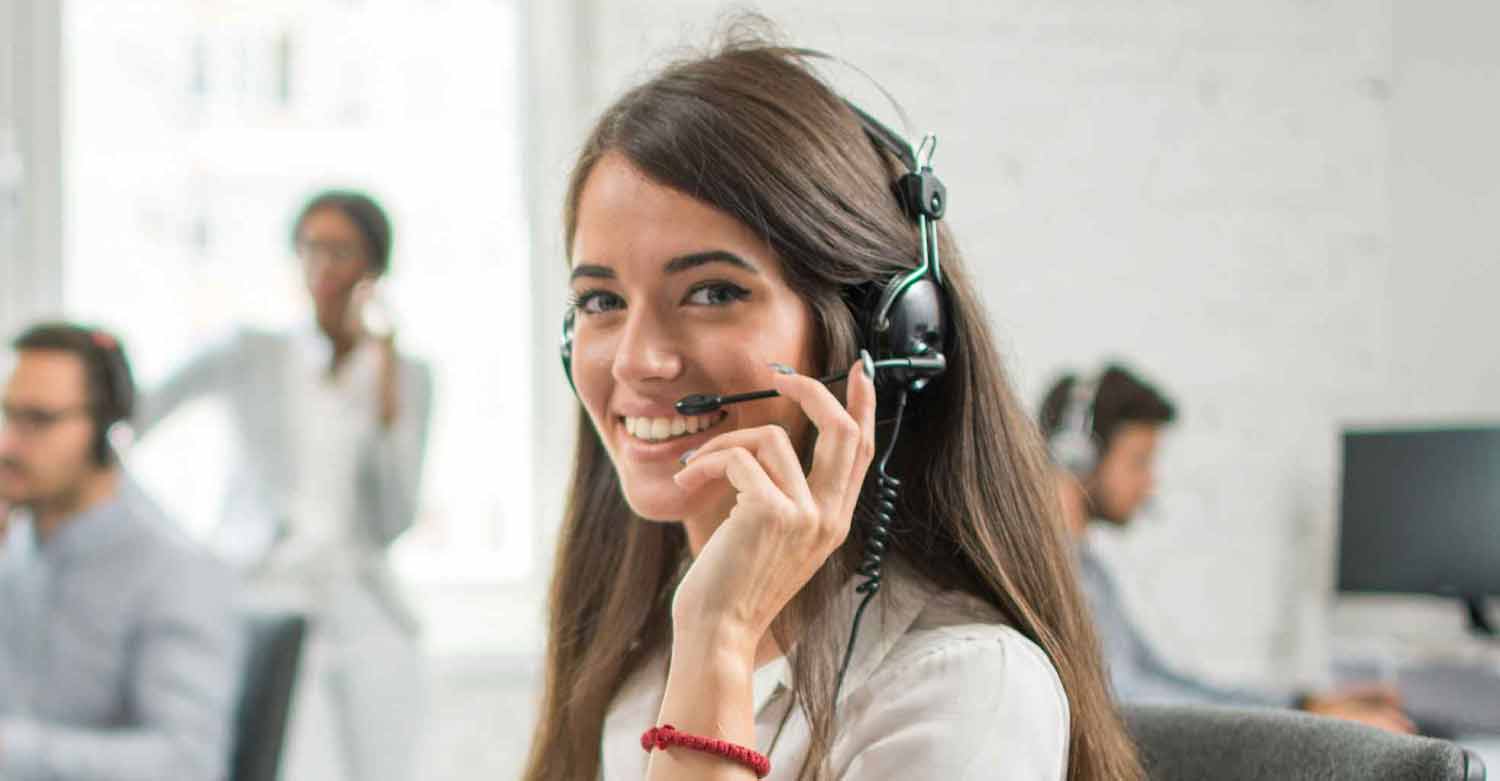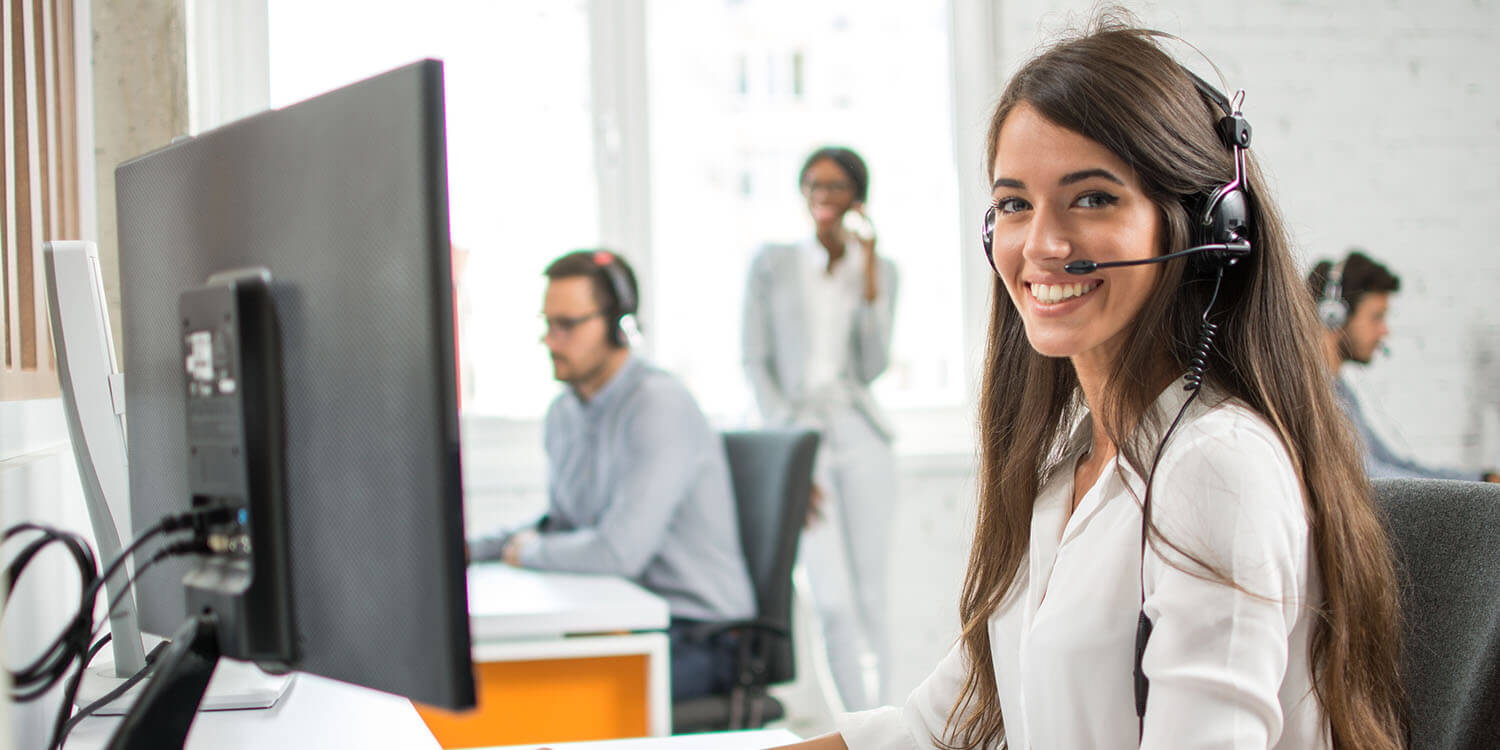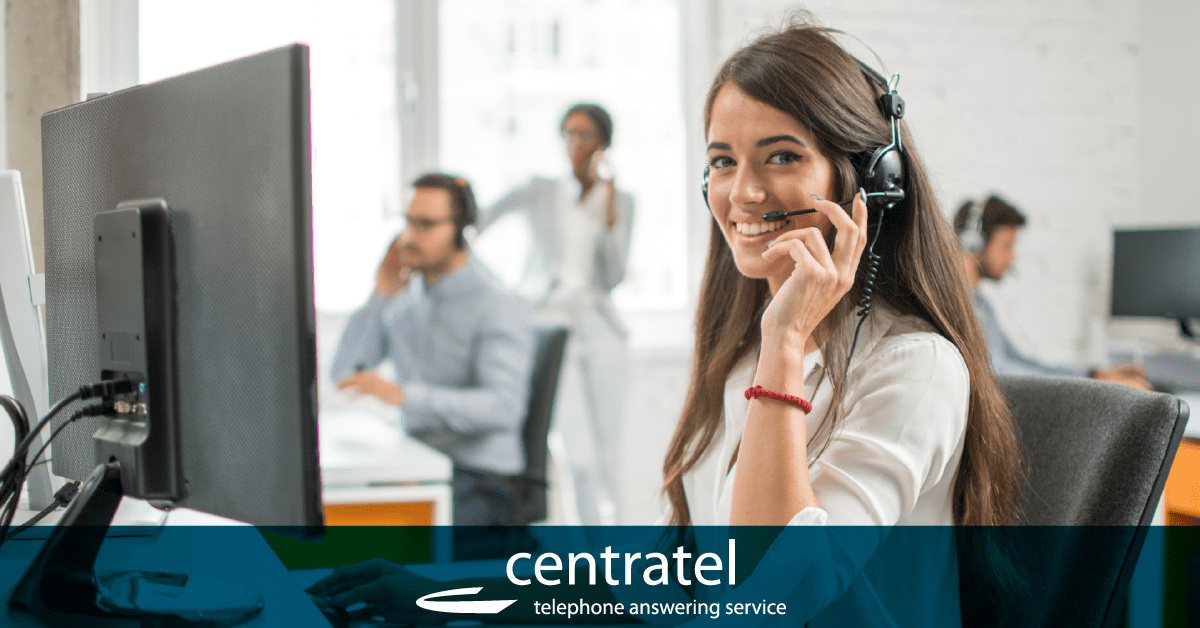All Categories
Featured
Table of Contents
- – Which Is The Best How To Call Forward To An Ans...
- – Which Is The Best Call Answering Service For S...
- – What Is The Best Telephone Answering Service: ...
- – Best Telephone Answering Service: What It Is ...
- – What Is The Best Telephone Answering Service ...
- – What Is A Good Price For A What Are Business...
Which Is The Best How To Call Forward To An Answering Service To Buy
This device and its followers were created by Sava Jacobson, an electrical engineer with a private consulting company. While early voice mail used magnetic tape technology, most contemporary devices utilizes strong state memory storage; some gadgets use a mix of both, with a solid-state circuit for the outbound message and a cassette for the inbound messages.
"toll saving" below) (call answering services). This works if the owner is screening calls and does not want to speak with all callers. In any case after going, the calling celebration must be notified about the call having actually been addressed (in a lot of cases this starts the charging), either by some remark of the operator, or by some welcoming message of the little, or dealt with to non-human callers (e.
This holds specifically for the TADs with digitally stored greeting messages or for earlier devices (before the rise of microcassettes) with a special limitless loop tape, separate from a second cassette, devoted to recording. There have been answer-only devices without any recording abilities, where the greeting message needed to notify callers of a state of current unattainability, or e (answer phone service).
Which Is The Best Call Answering Service For Small Business In Brisbane Company

about availability hours. In tape-recording Littles the greeting generally consists of an invitation to leave a message "after the beep". An answering device that uses a microcassette to tape-record messages On a dual-cassette answerphone, there is an outbound cassette, which after the specified number of rings plays a pre-recorded message to the caller.

Single-cassette voice mail include the outbound message at the start of the tape and inbound messages on the remaining space. They initially play the announcement, then fast-forward to the next offered area for recording, then tape the caller's message. If there are many previous messages, fast-forwarding through them can trigger a substantial delay.
This beep is often referred to in the welcoming message, asking for that the caller leave a message "after the beep". Little bits with digital storage for the recorded messages do disappoint this delay, of course. A TAD might provide a push-button control center, where the answerphone owner can call the home number and, by entering a code on the remote telephone's keypad, can listen to taped messages, or erase them, even when away from house.
What Is The Best Telephone Answering Service: What It Is And Why It Isn't Enough To Buy Right Now?

Consequently the device increases the variety of rings after which it answers the call (normally by two, leading to 4 rings), if no unread messages are presently stored, however responses after the set number of rings (normally 2) if there are unread messages. This permits the owner to discover whether there are messages waiting; if there are none, the owner can hang up the phone on the, e.
Some devices also allow themselves to be remotely activated, if they have actually been turned off, by calling and letting the phone ring a certain a great deal of times (typically 10-15). Some service companies desert calls already after a smaller sized variety of rings, making remote activation difficult. In the early days of Littles a special transmitter for DTMF tones (dual-tone multi-frequency signalling) was regionally required for remote control, because the formerly used pulse dialling is not apt to convey appropriate signalling along an active connection, and the dual-tone multi-frequency signalling was carried out step-by-step.
Any inbound call is not recognizable with respect to these homes in advance of going "off hook" by the terminal devices. So after going off hook the calls should be switched to suitable devices and only the voice-type is immediately available to a human, but possibly, nevertheless ought to be routed to a TAD (e.
Best Telephone Answering Service: What It Is And Why It Isn't Enough To Buy
What if I told you that you do not have to in fact select up your gadget when addressing a client call? Somebody else will. So hassle-free, right? Addressing phone calls doesn't require somebody to be on the other end of the line. Effective automated phone systems can do the technique just as efficiently as a live representative and often even better.
An automated answering service or interactive voice response system is a phone system that interacts with callers without a live individual on the line - answering service. When business use this innovation, customers can get the response to a question about your company simply by utilizing interactions established on a pre-programmed call circulation.
Although live operators upgrade the client service experience, lots of calls do not need human interaction. A simple recorded message or directions on how a customer can recover a piece of details typically fixes a caller's instant need - virtual telephone answering. Automated answering services are a simple and efficient way to direct incoming calls to the right person.
What Is The Best Telephone Answering Service - Answer My Phone Company
Notice that when you call a business, either for assistance or item questions, the first thing you will hear is a pre-recorded voice welcoming and a series of choices like press 1 for customer care, press 2 for inquiries, and so on. The pre-recorded choices branch out to other choices depending upon the customer's choice.
The phone tree system helps direct callers to the right individual or department using the keypad on a cellphone. In some instances, callers can use their voices. It deserves keeping in mind that auto-attendant choices aren't restricted to the ten numbers on a phone's keypad. When the caller has actually selected their very first option, you can design a multi-level auto-attendant that uses sub-menus to direct the caller to the ideal type of assistance.
The caller does not have to communicate with an individual if the auto-attendant phone system can handle their issue. The automatic service can path callers to an employee if they reach a "dead end" and require assistance from a live representative. It is pricey to employ an operator or executive assistant.
What Is A Good Price For A What Are Business Call Answering Services? - Chalkboard?
Automated answering services, on the other hand, are considerably less pricey and supply considerable expense savings at approximately $200-$420/month. Even if you do not have actually dedicated staff to deal with call routing and management, an automated answering service enhances performance by enabling your team to concentrate on their strengths so they can more efficiently spend their time on the phone.
A sales lead routed to client service is a lost shot. If a client who has item questions reaches the incorrect department or gets insufficient responses from well-meaning workers who are less trained to manage a particular kind of question, it can be a cause of disappointment and discontentment. An automated answering system can minimize the number of misrouted calls, therefore assisting your workers make much better usage of their phone time while freeing up time in their calendar for other jobs.
With Automated Answering Systems, you can develop an individualized experience for both your personnel and your callers. Make a recording of your primary welcoming, and simply upgrade it frequently to reflect what is going on in your company. You can develop as lots of departments or menu options as you desire.
Table of Contents
- – Which Is The Best How To Call Forward To An Ans...
- – Which Is The Best Call Answering Service For S...
- – What Is The Best Telephone Answering Service: ...
- – Best Telephone Answering Service: What It Is ...
- – What Is The Best Telephone Answering Service ...
- – What Is A Good Price For A What Are Business...
Latest Posts
Dependable Real Estate Answering Service Near Me ( Central Queensland 4700)
Specialist Business Answering Service – ACT
Reputable Bilingual Answering Service Near Me
More
Latest Posts
Dependable Real Estate Answering Service Near Me ( Central Queensland 4700)
Specialist Business Answering Service – ACT
Reputable Bilingual Answering Service Near Me